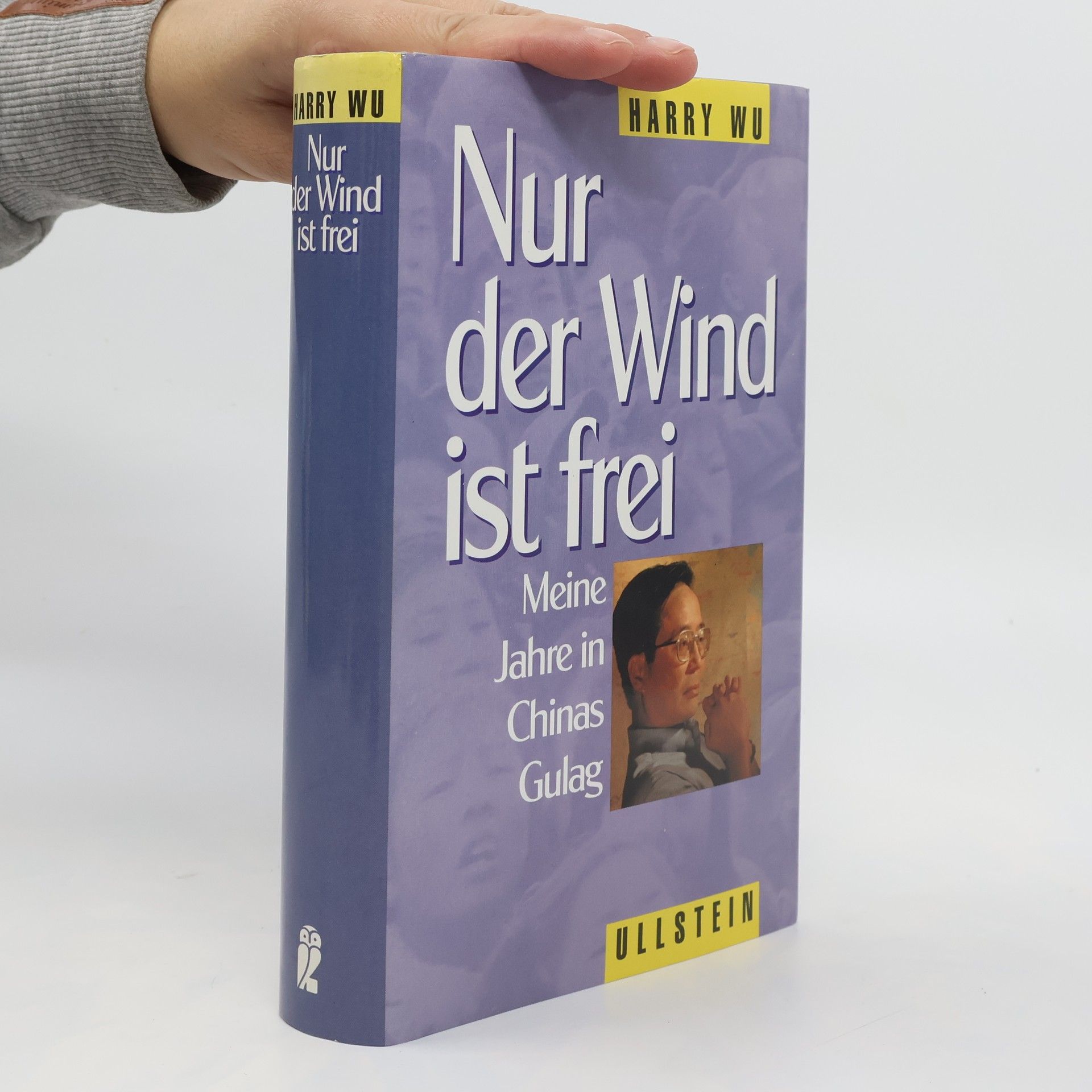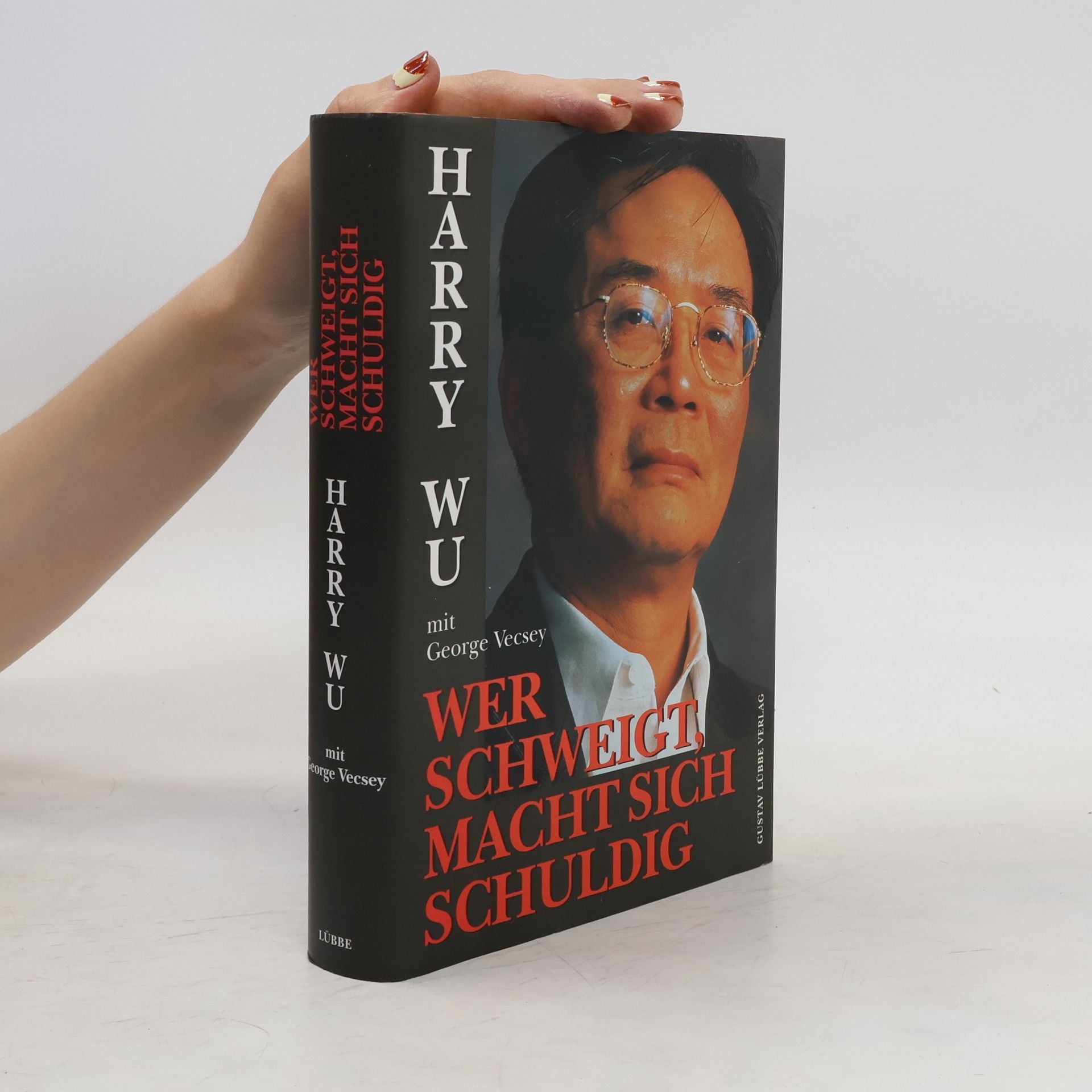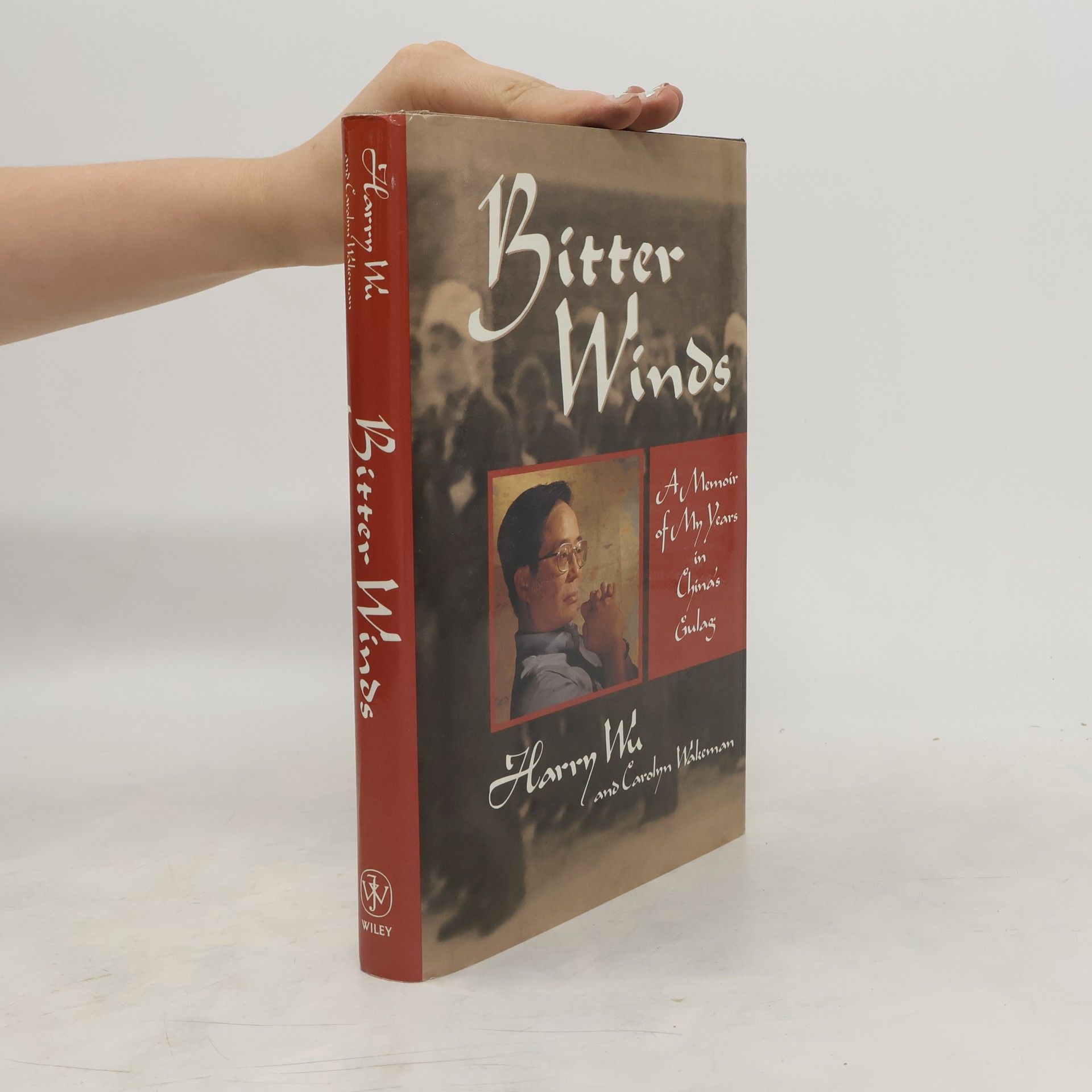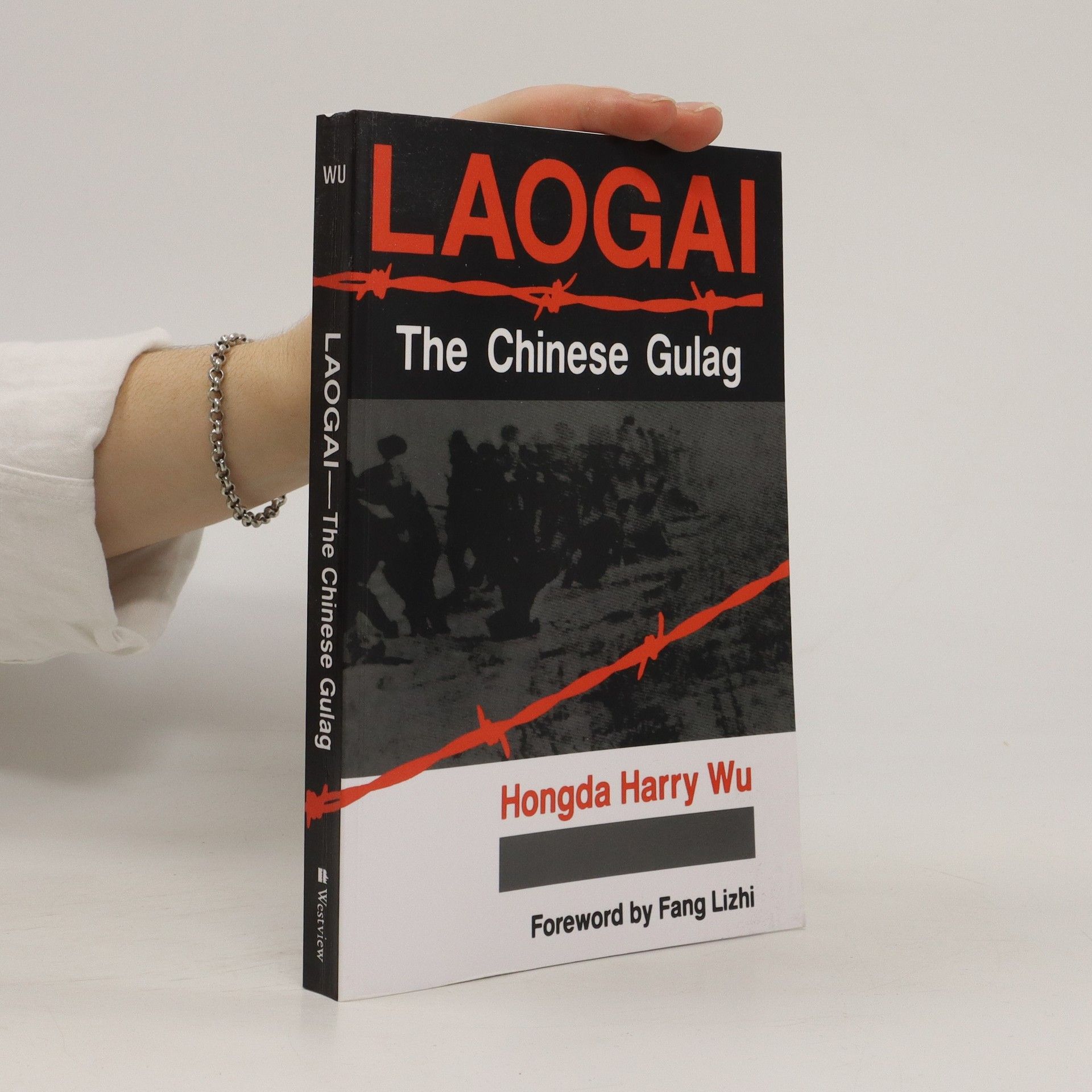This work reveals the hidden world of the "laogaidui" - the PRC's labour reform camps. The author, a political prisoner for 19 years, describes their ideological origins, complex structures and living conditions and analyzes the camps' contribution to the economic health of the PRC.
Hongda Harry Wu Libros
Harry Wu fue un activista chino por los derechos humanos que soportó 19 años en campos de trabajo chinos. Tras su reasentamiento en los Estados Unidos, estableció la Fundación de Investigación Laogai en 1992. Su trabajo se centra en exponer y documentar las brutalidades inherentes a los sistemas opresivos. Wu se convirtió en una voz importante en la defensa de los derechos humanos y la justicia, centrándose en el impacto de la opresión sistémica en los individuos.





A searing eyewitness account of what life was like in the prison camps of China during the 1960s and 1970s--through the rise of the Cultural Revolution and the Red Brigade, the death of Mao to the struggles of post-Maoist China. The author exposes the Chinese practice of exporting forced labor goods illegally into the U.S.